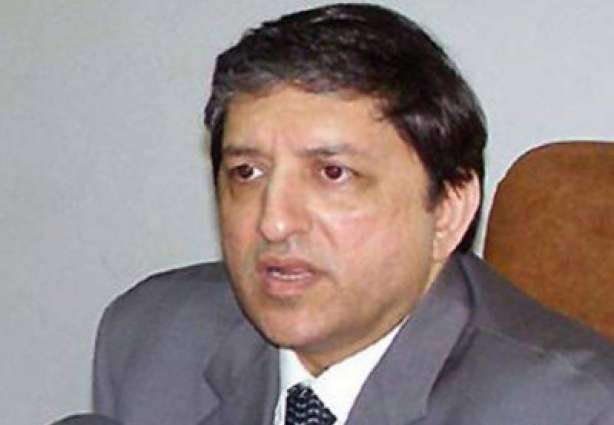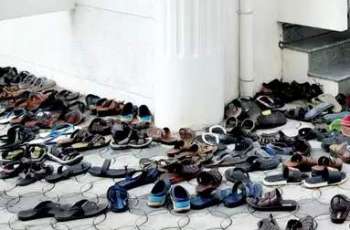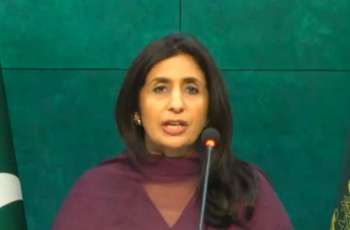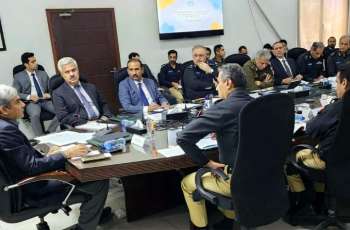The sides in talks between Afghan President Ashraf Ghani and his political rival Abdullah Abdullah are capable of creating a unified government despite initial setbacks, Saleem Mandviwalla, the deputy chairman of Pakistan's upper chamber, told Sputnik on Wednesday
MOSCOW (Pakistan Point News / Sputnik - 25th March, 2020) The sides in talks between Afghan President Ashraf Ghani and his political rival Abdullah Abdullah are capable of creating a unified government despite initial setbacks, Saleem Mandviwalla, the deputy chairman of Pakistan's upper chamber, told Sputnik on Wednesday.
The talks to settle the long-running standoff between the two political heavyweights took place on Monday but failed to reach a unity government agreement. Ghani said Abdullah's demands contradict the country's constitution.
"What I feel is that they failed on some points, they did not fail completely. I think they will come around and they will agree to the terms and they will be able to make a unity government ... So I think it is a matter of agreeing to the terms and I think they will eventually agree," Mandviwalla said.
He expects it to be a prolonged process which will eventually have a positive outcome.
Ghani and Abdullah competed for the presidency both in 2014 and 2019, with Ghani winning both times and Abdullah disputing the results. The 2014 election led to a drawn out political crisis in the country which forced the United States to broker a power sharing agreement whereby Ghani takes the presidency while a new office, the now abolished Chief Executive, was handed to Abdullah. In 2019, Abdullah refused to concede his defeat to Ghani, decrying September's election as invalid due to fraud, and started forming a parallel government.
The power-sharing crisis comes at a difficult time of peace talks with the Taliban, which could settle the country's 20-year civil war and a US-led foreign intervention. The United States has already agreed on terms of withdrawal with the Islamic movement, but Kabul has yet to hammer out a deal.
"It is the beginning. There might be terms that the Afghan government doesn't agree and Taliban doesn't agree, so there will be long negotiations [with] a lot of fallouts, [with] a lot of disagreements, but eventually we are confident that it will fall in its place," Mandviwalla said, commenting on the talks.
On February 29, the US and the Taliban inked a peace agreement in the Qatari capital of Doha, according to which an intra-Afghan negotiation was scheduled to begin on March 10. That, however, did not come to pass amid the dual power crisis as well as Kabul's reluctance to exchange prisoners with the Taliban. The lack of progress prompted US State Secretary Mike Pompeo to visit Afghanistan on Monday in an unsuccessful attempt to resuscitate the talks.




